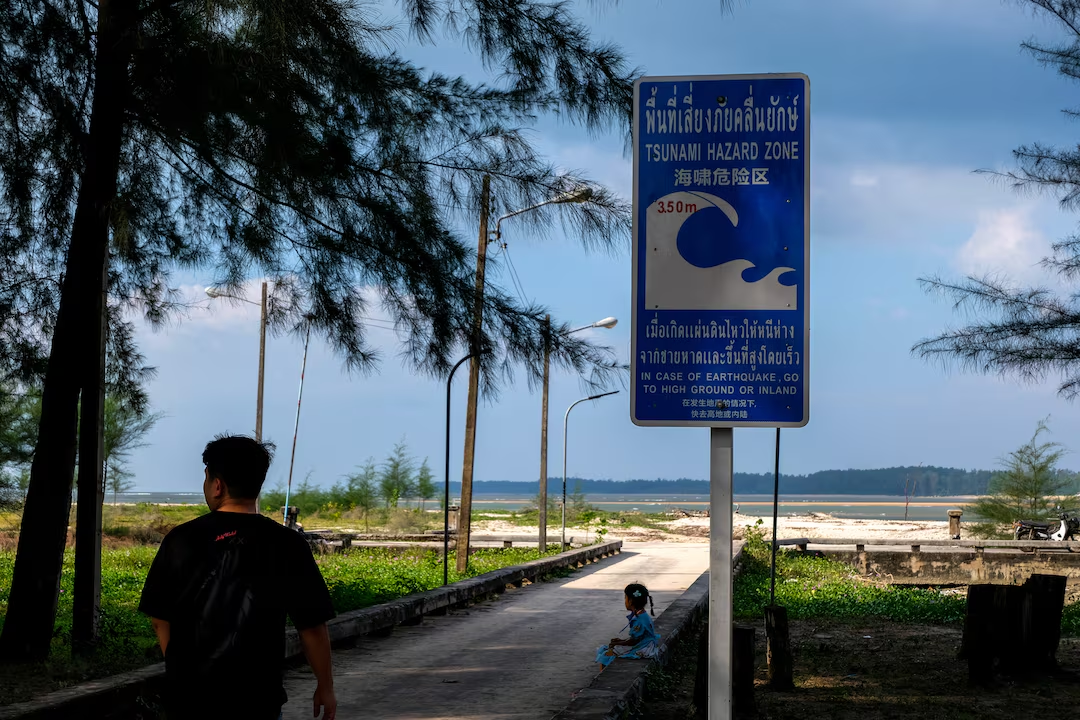France has imposed a state of emergency on the Pacific island of New Caledonia following violent clashes that claimed the lives of three young indigenous Kanak individuals and a police official amid protests over electoral reforms.
The state of emergency, effective from 5 am local time (1800 GMT), grants authorities expanded powers to restrict gatherings and limit movement across the French-administered island. Law enforcement presence has been bolstered with an additional 500 officers joining the 1,800 already stationed there, in response to widespread rioting that saw vehicles and businesses set ablaze, and stores looted. With schools shuttered and a curfew in place in the capital, measures aim to restore order amidst escalating tensions.
Tensions erupted over a newly passed bill in Paris allowing French residents residing in New Caledonia for a decade to vote in provincial elections, a move met with resistance by some local leaders fearing dilution of the Kanak vote.
Prime Minister Gabriel Attal stressed a zero-tolerance approach to violence, asserting that the state of emergency enables the deployment of substantial resources to quell unrest. Additionally, Attal announced a 12-day duration for the emergency decree and deployment of French troops to secure key infrastructure such as the island’s main port and airport.
Furthermore, authorities have banned the use of the TikTok app, citing its potential role in organizing riots, a measure previously employed during mainland France’s summer unrest.
The riots resulted in the tragic deaths of three Kanak youth and a 24-year-old police official, highlighting the gravity of the situation. Amidst the chaos, fears loom over the island’s recovery, with residents like Yoan Fleurot expressing deep concern for their safety and the island’s future.
The root of the unrest lies in long-standing tensions over France’s involvement in New Caledonia, a mineral-rich territory plagued by economic disparities and pro-independence movements.
As New Caledonia grapples with the aftermath of violence, political factions weigh the path forward. While the French government emphasizes democratic necessity for electoral changes, pro-independence groups advocate dialogue towards a resolution that respects the island’s unique history and aspirations.
Amidst uncertainty, residents remain cautious, with many opting to stay indoors, reflecting on their role in shaping New Caledonia’s future amidst a complex socio-political landscape.



